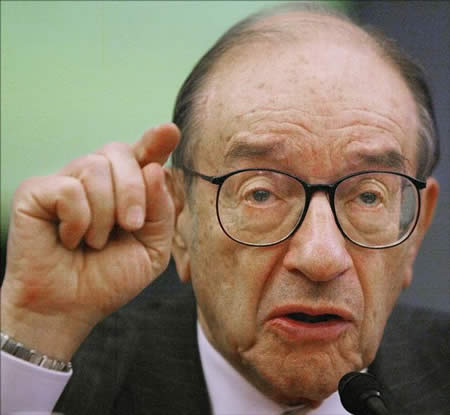
The popular coffee brand, Dunkin' Donuts, claims in their advertisements, “America runs on Dunkin’” They lie. America buys their coffee with credit cards; America runs on debt. I don’t need to tell you that America is riddled with debt, private and public. Anyone who has watched the news since health care reform was passed has heard that America can’t handle the cost. Everyone knows about the cost of the Iraq war (in dollars). Everyone knows about the rising cost of social security and Medicare as the baby-boomers approach retirement. People also know about all the foreclosures. Debt currently makes up very high 80% of GDP.
This is why the banks were bailed out; credit is the lifeblood of America and strong banks enable our lifestyles. For anyone to buy a home, they must take out a loan from the bank. Nobody has $200,000 in cash to buy a house. But what would happen if there were no banks to loan out money? No one would be able to buy a house, which if you believe in the free market, would drive the cost of housing down considerably. There is nothing inherent to the construction of homes that requires they cost so much.
The news makes it sound as if rising real estate prices are a sign of strength. We don’t need higher housing prices; people are so quick to forget that rising prices are a bubble. I stand here before you and say, “Housing prices are still inflated!” If people can’t afford houses, then they cost too much. That’s how every other commodity in the world works. It’s just supply and demand.
The problem is that there are so many outstanding loans made from the peak of the housing bubble that any readjustment of housing prices to lower, more reasonable levels, would send the majority of America underwater. Everyone would owe more than their homes were worth and would either default or restructure their loans. This would absolutely obliterate the banking system, because they are invested in your homes. With the banks completely destroyed, credit markets would seize to exist and you could only buy your coffee with cash.
What happens after that is open to interpretation. Either the invisible hand of the free market distributes bread in a fair manner or every industry that isn’t McDonalds loses profitability and we have 40% unemployment (also known as the Great Depression). So next time you wonder why the Government uses inflationary monetary policy, it’s because our banks invested at the peak of an asset bubble making any realignment crippling and destructive.


